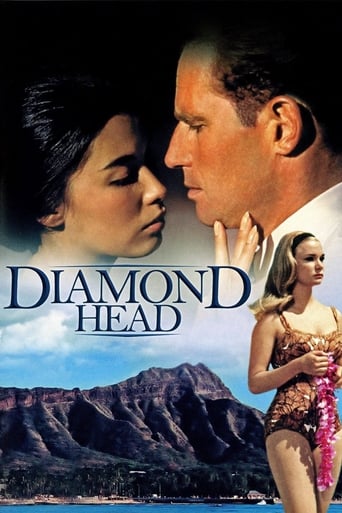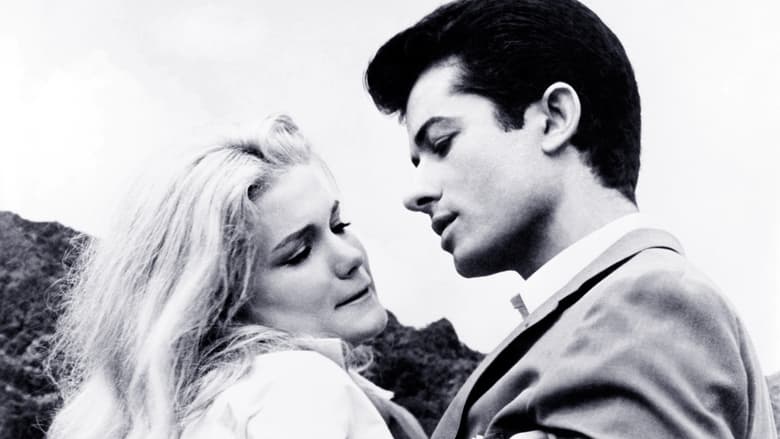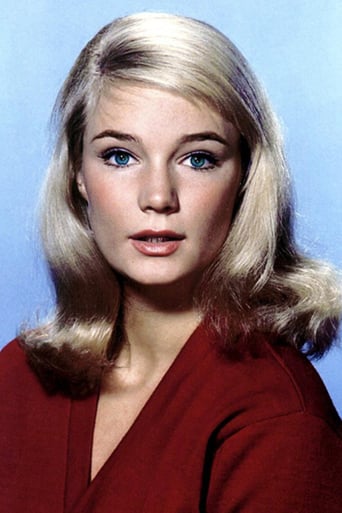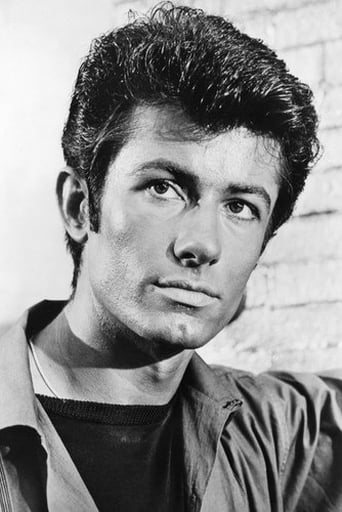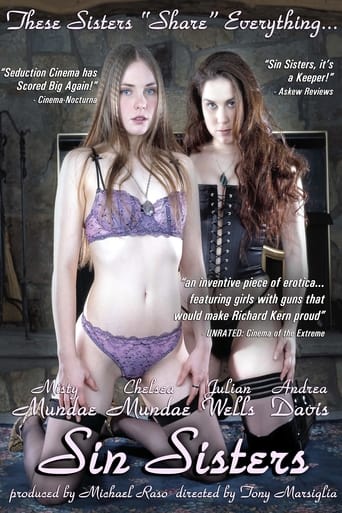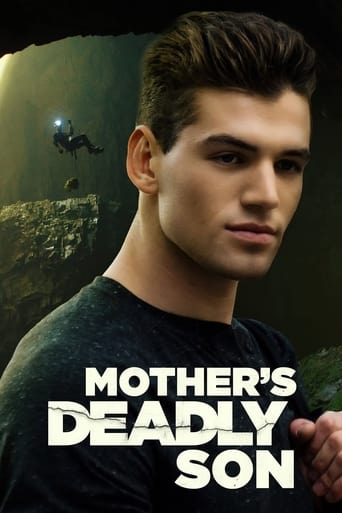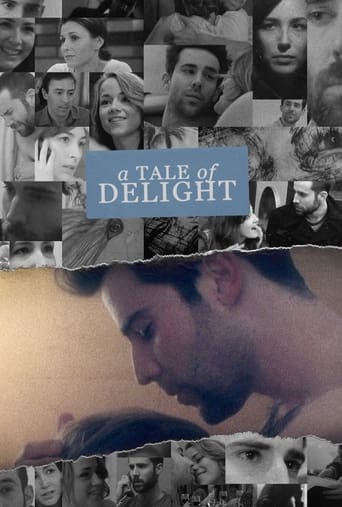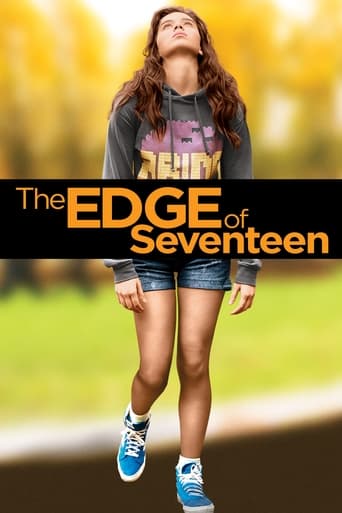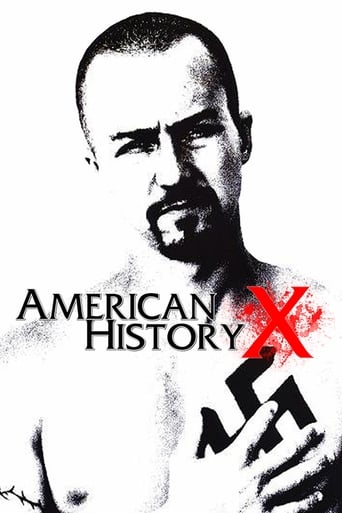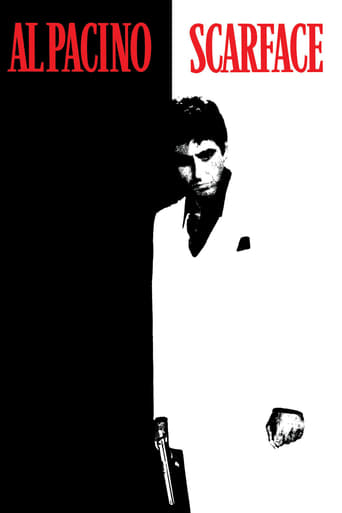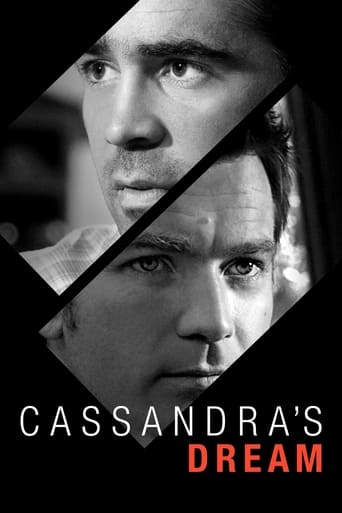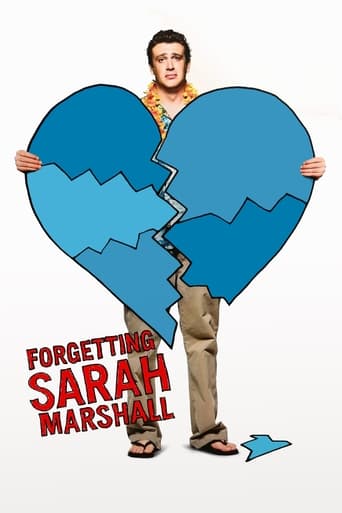Diamond Head (1963)
Rich Hawaiian pineapple grower and US Senatorial candidate Richard Howland tries to control everything and everyone around him, including his headstrong sister, Slone.
Watch Trailer
Cast
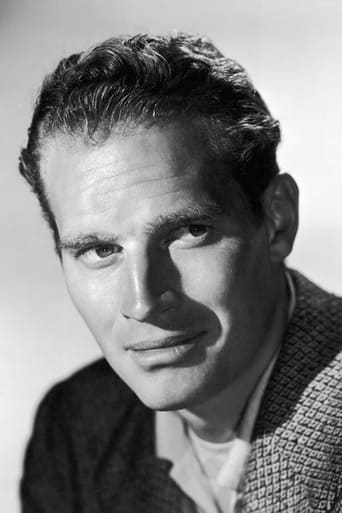


Similar titles
Reviews
Highly Overrated But Still Good
Great Film overall
In truth, there is barely enough story here to make a film.
if their story seems completely bonkers, almost like a feverish work of fiction, you ain't heard nothing yet.
Diamond Head was a so so to reasonable film about power and mixed marriage, but nothing special. I did not care for any character in this film. Richard is suppose to be unlikable, but Sloane isn't much better, she will basically have anyone who will jump into the water with her. Jumping from one brother to the next. Sloane: Feel? That's just it, I don't feel. Anything. Paul must of loved me and all I felt was a blank. I don't know how to love. Then she gets with Dean after telling him this. This is a romance?? There was no chemistry between anyone. It was an interesting and engaging enough film though.
This is a big film -- the kind of film made from big novels about big ideas about big people, like Charlton Heston's character (originally written for Clark Gable) "The King." In fact, it reminds me of Edna Ferber's "Giant", or James Michener's "Hawaii." The themes of racism and family strife that motivate the film might have been daring in the early 60s but aren't compelling enough at this point to power the film's entire running length.The big revelation in the film, for me, was (3rd billed) George Chakiris' performance. I never really thought of him as much of an actor, but he definitely nailed this role. He's not a man who is unlikable, but rather a man who doesn't want to be liked (or, perhaps, who doesn't want to need to be appreciated, only respected). At first, his pride and resentment seem simply racially motivated and come off as jealousy; eventually, we begin to see Heston's "King" the same way Chakiris' character does. James Darren is attractive and serviceable, and Heston approaches the role with his usual sincerity and self-sacrifice (he's not afraid to gradually turn this respectable powerful man into a heel). Yvette Mimieux has a bit too much of a baby face for the role.... at times it feels like a Gidget movie with her and Darren running around on the beach. But her performance is OK. There's just nothing really compelling or moving about any of these characters. Overblown, novelistic dialog doesn't help. The film feels a travelogue with melodrama thrown in, like a 20s/30s MGM movie (with Clark Gable, of course!) by Victor Fleming or Woody Van Dyke movie, but cinematographer turned director Guy Green is no Victor Fleming. There are some awesome compositions, but they sort of fly by in the midst of the relatively trite plot directions. The characters take their situations so seriously that one is reminded of Douglas Sirk, sans irony.
The title sounds like some James Bond-type adventure but it's typical melodrama circa 1959 in Hawaii (Heston would return to the locale in an earlier century in "The Hawaiians" in '70). Heston's character hearkens back to his rich landowner of "The Naked Jungle"(54), so it's as if the same character is a decade older. The theme of race relations (white vs. brown here) is played over the plot in a ham-handed manner, though a couple of characters get to voice an almost-profound observation regarding no 'pure-bred' people existing in some future generation. Heston's character, though predictably arrogant & stubborn, starts out as a fairly liberal easygoing chap for a powerful rich white man of the time but quickly learns he can't apply those nice attitudes when it hits close to home: his sister (Mimieux) plans to marry a Hawaiian (Darren) and Heston won't have it.There follows a hint of incestuous undertones and, at some point, it almost looks like Heston plans to marry his sister himself to keep things 'all in the family' - an obsession he reveals as the story progresses. But this is over 40 years ago and nothing goes beyond just some cheap suggestion and titillating the dirty minds of some audience members. By the end, we realize it's the often-used saying of 'money can't buy happiness' which prevails over the sometimes maudlin scenery-chewing. Speaking of scenery, though, the landscapes of Hawaii are very nice here, especially on a widescreen DVD version. And Heston shows why he's a bigger star than the rest of the cast, but the story itself is pretty much forgettable and uninspired.
From the beginning of the film when manly Chuck Heston majestically rides his horse through the sprawling pineapple fields, to the triumphant swelling of a young John Williams' score, the viewer knows that this movie is BIG.Well, it is big in the sense that it's one of those big soap operas that were popular in the mid-50's to the mid-60's, trademarks of producer Ross Hunter (not the maker of this one, though).The plot is rather simple: plantation owner (Heston) has a little sister (Yvette Mimieux) that's carrying on with a native boy (James Darren), much to the displeasure of Heston, who himself is having a fling with a native girl (France Nuyen, looking appealing as ever). Thus, all things come out in the open, though tragically, and the hypocritical Heston finds himself a wealthy man, abandoned and alone.

